Social impact and sustainability are becoming central to contemporary film as our society feels increasingly entrenched in chaos.
The following films about social impact span multiple genres and topics, and all shine a spotlight on a societal or environmental challenge that requires innovation to overcome.
Kiss the Ground (2020)
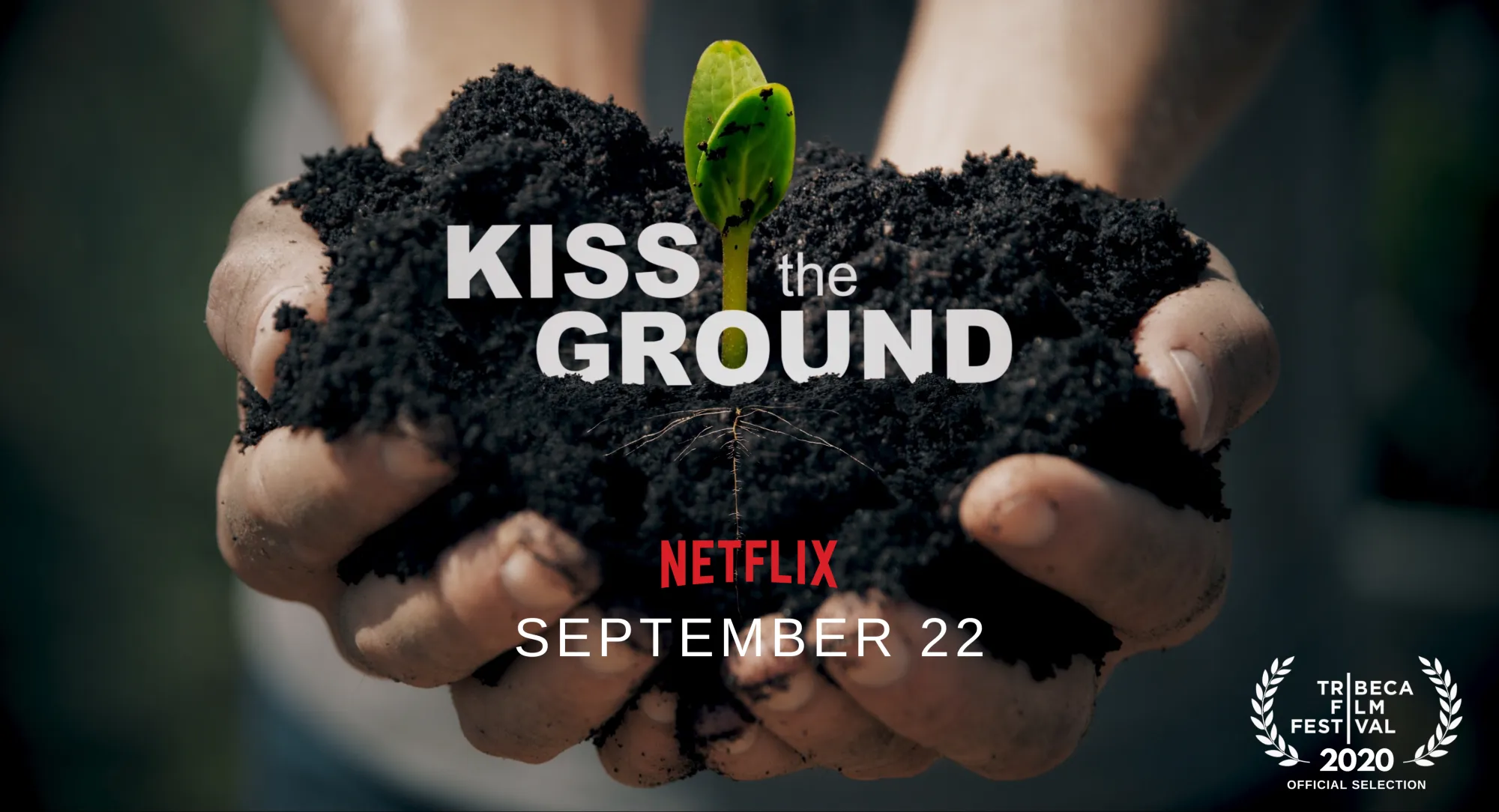
Kiss the Ground offers an optimistic and hopeful solution to climate change by focusing on regenerative agriculture. The film explores how healthy soil can sequester carbon and reverse the damage caused by industrial farming, deforestation, and desertification.
Featuring interviews with environmental activists, farmers, and scientists, the documentary showcases how restoring soil health can reduce atmospheric carbon and help mitigate the effects of climate change, all while improving food security and sustainability.
The True Cost (2015)

The True Cost dives deep into the global fashion industry, unraveling the unseen labor, waste, and environmental impacts behind fast fashion.
The documentary juxtaposes the glamorous runway shows and inexpensive clothing with the harsh reality of factory workers in developing countries and the devastating environmental toll of textile production.
It features interviews with industry insiders, environmental activists, and factory workers, providing a stark look at the human rights abuses and environmental degradation caused by an industry focused on profit over ethics.
The Biggest Little Farm (2018)
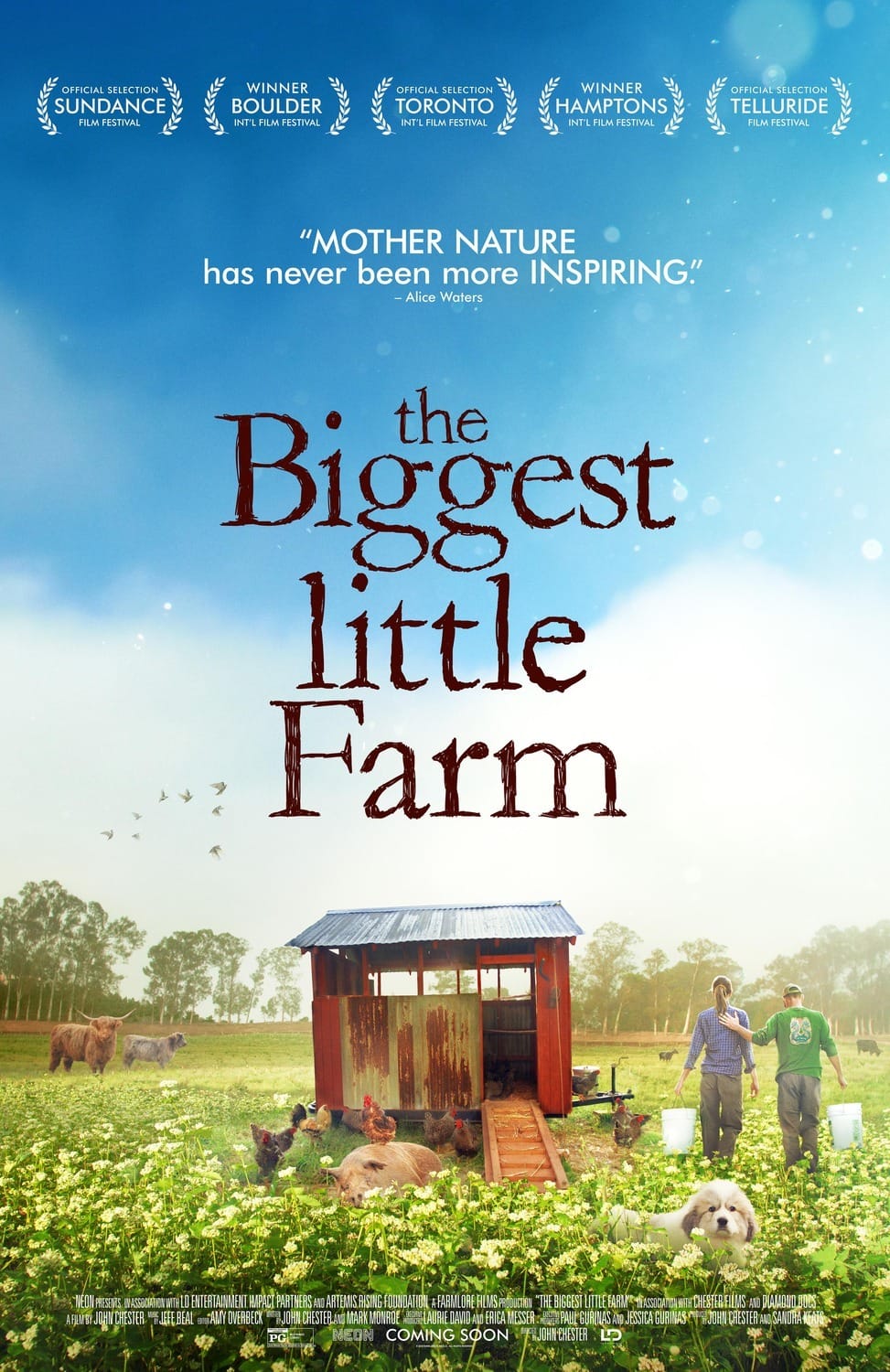
This heartwarming documentary chronicles the journey of John and Molly Chester as they leave their city life behind to start a sustainable farm on 200 acres of barren land in California.
The Biggest Little Farm showcases the challenges they face in trying to coexist with nature, overcoming pest infestations, droughts, and wildfires.
The film is a beautiful and inspiring tale of regeneration, showing how biodiversity and eco-conscious farming practices can restore the environment and create a harmonious ecosystem.
Before the Flood (2016)
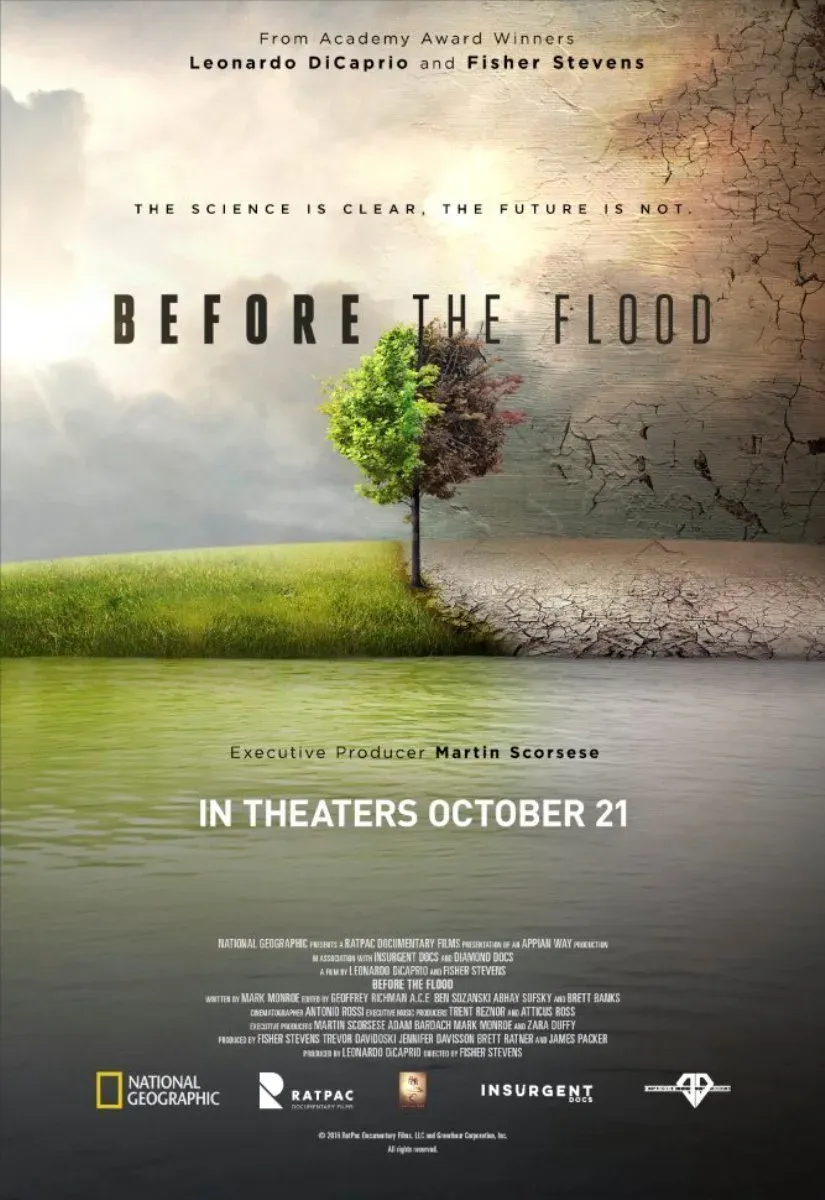
Narrated and produced by Leonardo DiCaprio, Before the Flood takes viewers on a global journey to understand the consequences of climate change. DiCaprio meets with scientists, activists, and political leaders, including Barack Obama and Pope Francis, to discuss the urgent need for action against global warming.
The film emphasizes the critical role of individual and collective choices in mitigating climate change, while also exploring the political and corporate forces hindering meaningful environmental reform.
13th (2016)
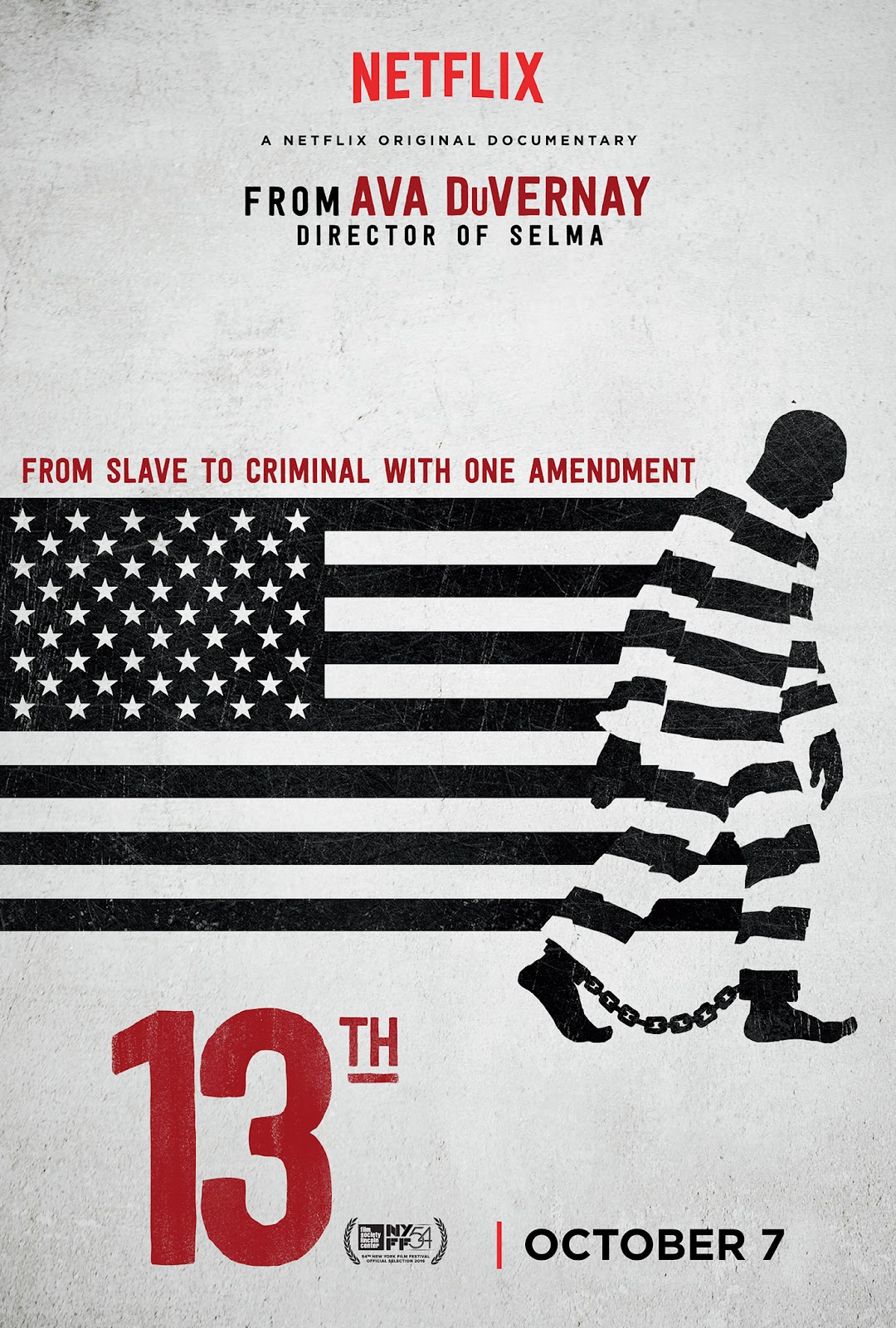
The U.S. prison population has grown from 196,000 in 1970 to more than 2.3 million today. Despite being home to only 5% of the world’s population, the United States houses a quarter of the globe’s prison population.
With interviews with people like Angela Davis, Michelle Alexander, and Jelani Cobb, “13th” traces the racist history of criminality, policing, and incarceration in America.
Beginning with the war on drugs to the development of special interests groups like the American Legislative Exchange Corporation that has allowed for corporations to have a direct hand in writing legislation that profits them at the expense of Black communities, “13th” is an eye-opening film about racism.
Minimalism: A Documentary About the Important Things (2016)
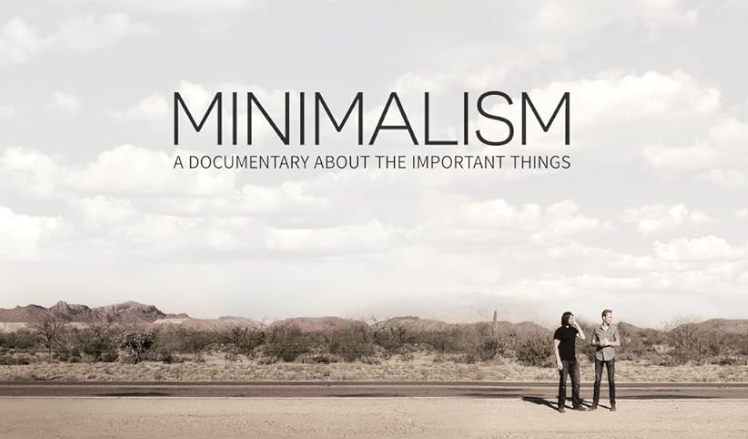
Minimalism examines how simplifying life by reducing material possessions can lead to greater happiness and fulfillment. The film highlights the personal and societal consequences of consumerism and overconsumption.
It features interviews with individuals from various walks of life who have adopted minimalism and examines how this lifestyle contributes to environmental sustainability by reducing waste and reliance on mass production.
Mission Blue (2014)
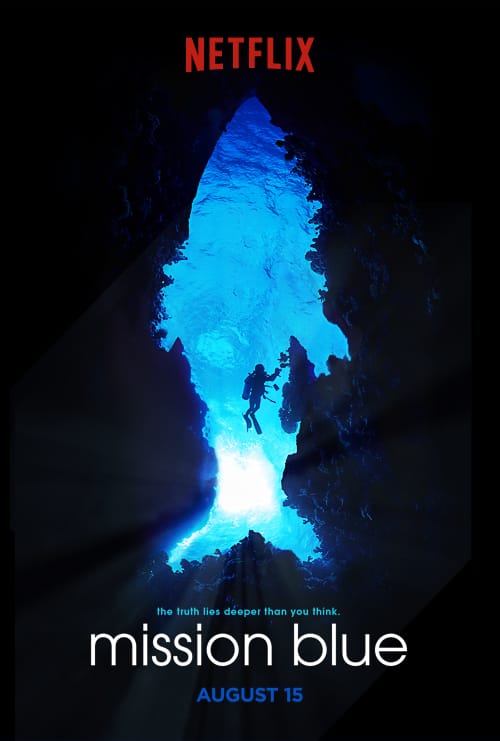
Mission Blue follows the life and work of renowned oceanographer Dr. Sylvia Earle as she campaigns to protect the world’s oceans from pollution, overfishing, and climate change.
The film highlights the importance of marine protected areas, which Earle calls “Hope Spots,” and raises awareness of the critical need to safeguard marine biodiversity.
Mission Blue blends breathtaking underwater cinematography with a compelling narrative on the threats facing our oceans and the actions needed to preserve them for future generations.
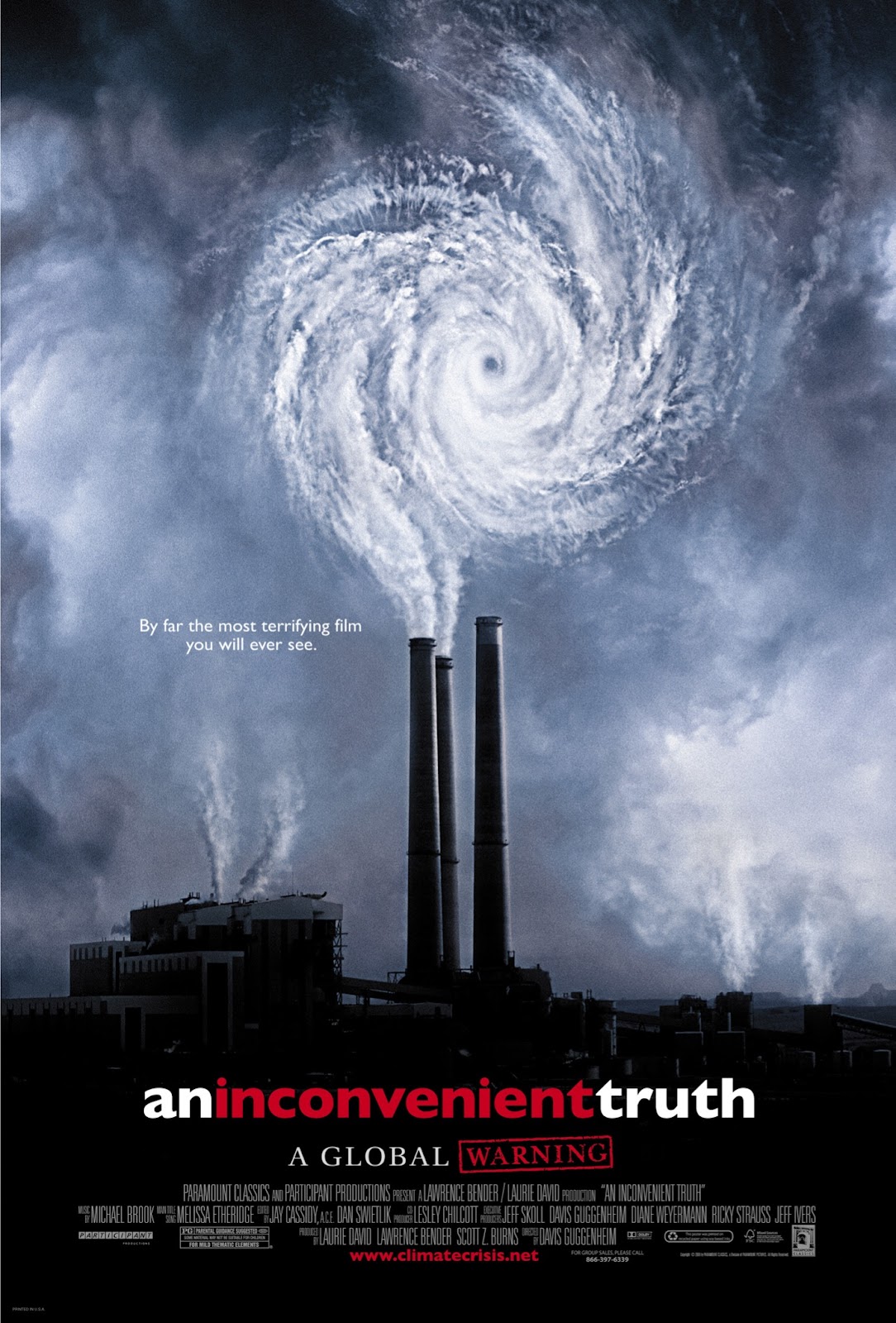
An Inconvenient Truth (2006)
An Oscar Award winning documentary about global warming and climate change, An Inconvenient Truth follows former United States Vice President Al Gore’s campaign to educate people about the dangers of global warming.
The documentary proved to be a commercial success and helped Al Gore win the 2007 Nobel Peace Prize. As one of the most successful documentaries of all time, the films impact has made it one of the most important films about climate change.
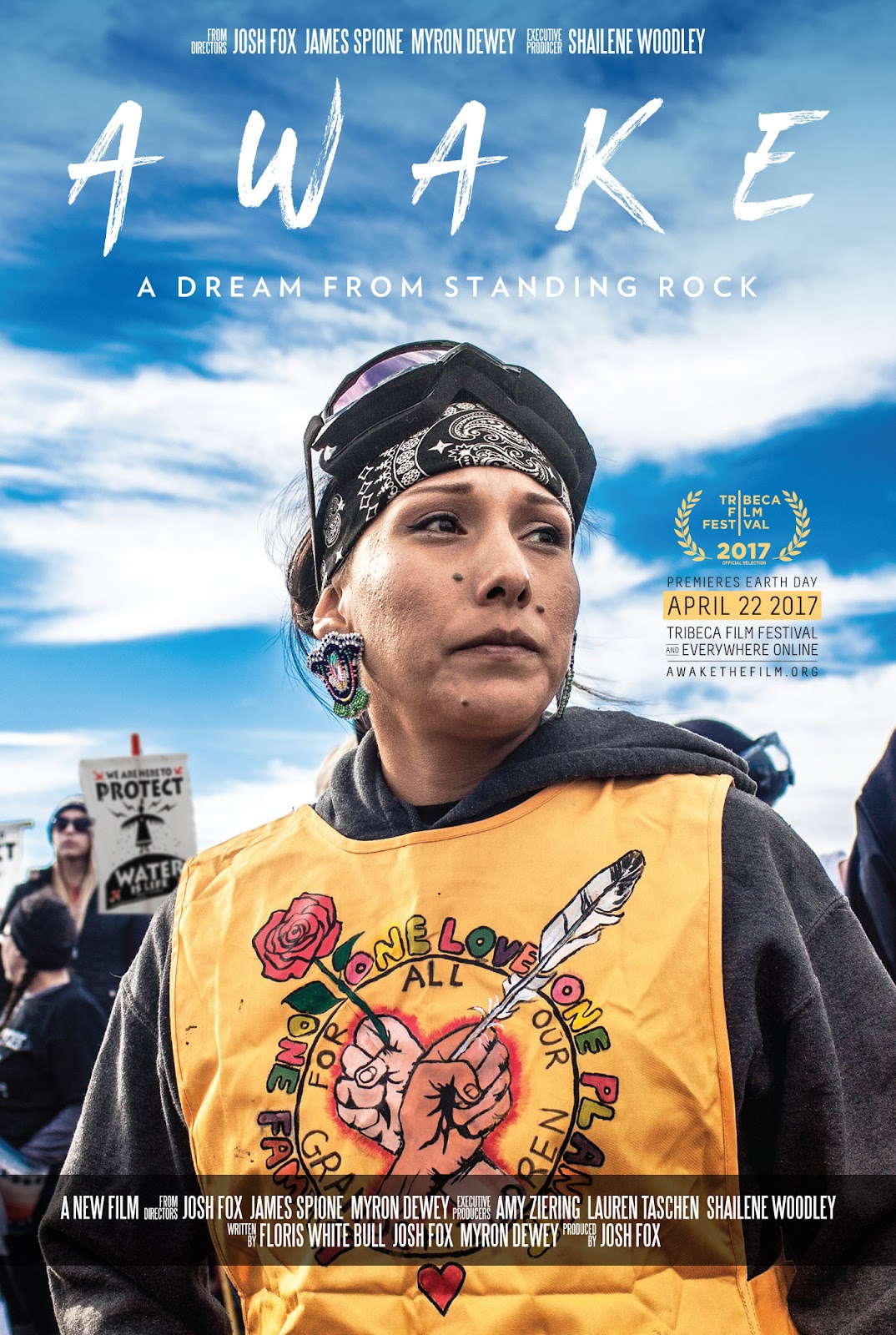
Awake, A Dream From Standing Rock (2017)
For generations, the Lakota and Dakota people have prophesied the arrival of a “Black Snake” that will invade their homelands and destroy everything in its path. In 2016, Energy Transfer Partners began construction on the Dakota Access Pipeline upriver of the Standing Rock Sioux Tribe on unceded treaty land.
The pipeline threatens the wellbeing of the Standing Rock community, destroyed ancestral burial grounds, fuels an epidemic of Missing and Murdered Indigenous Women and Girls, and further solidifies a racist relationship of betrayal and violence between the U.S. government and Indigenous people.
This film captures the ensuing resistance to the pipeline that captivated the world in the largest gathering of Native people in U.S. history making it an important film about racism and climate change.
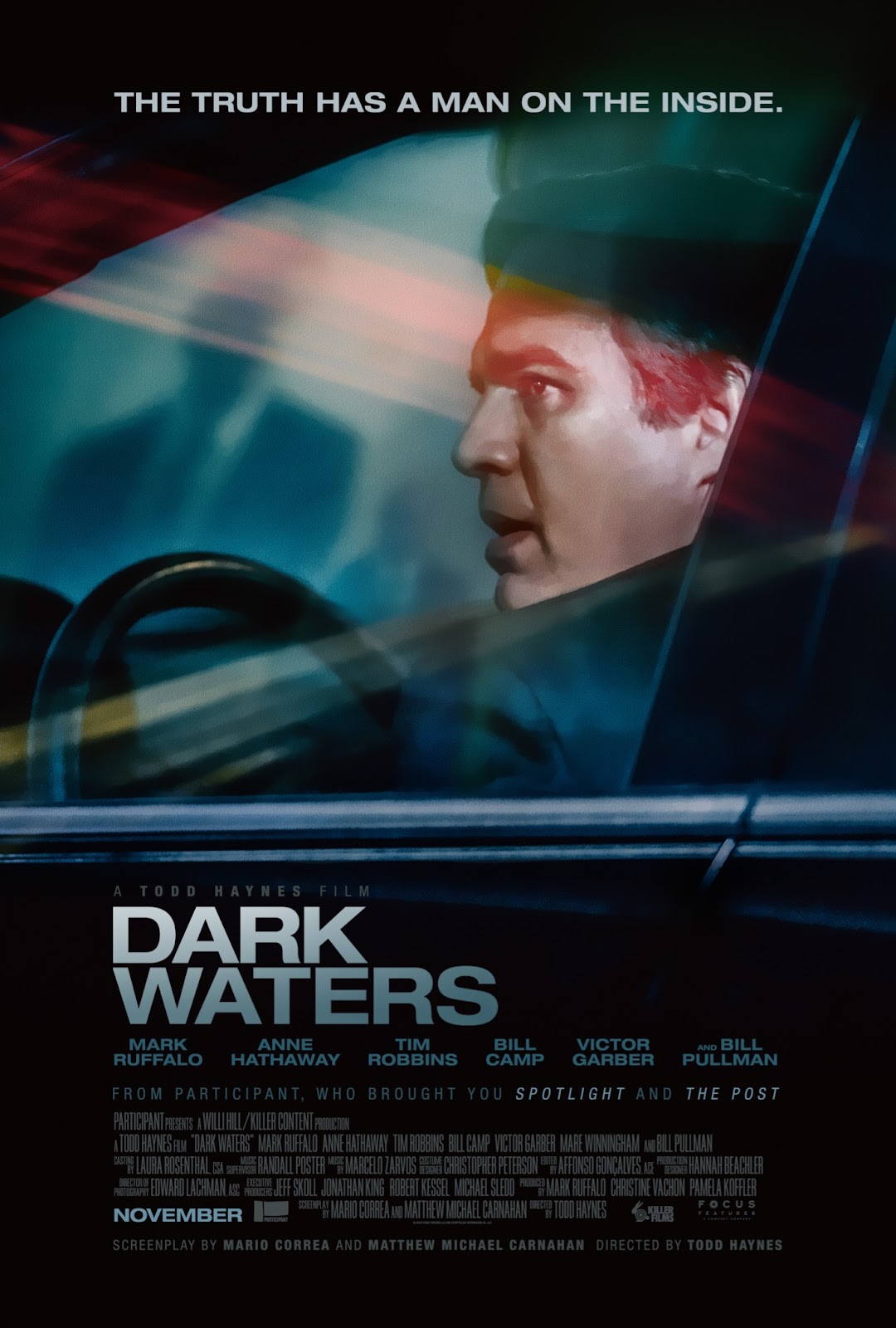
Dark Waters (2019)
In this legal thriller, Mark Ruffalo and Anne Hathaway lead a stunning dramatization of Robert Bilott’s legal case against chemical manufacturing company DuPont after the corporation contaminated a town’s drinking water in West Virginia.
After litigating DuPont’s hazardous dumping of unregulated chemicals for more than 20 years, Bilott settled the lawsuit in 2017 for $671 million on behalf of 3,500 plaintiffs. A remarkable movie that delves into a poisonous scandal, Dark Waters is a must-see film about social impact.
A Plastic Ocean (2016)
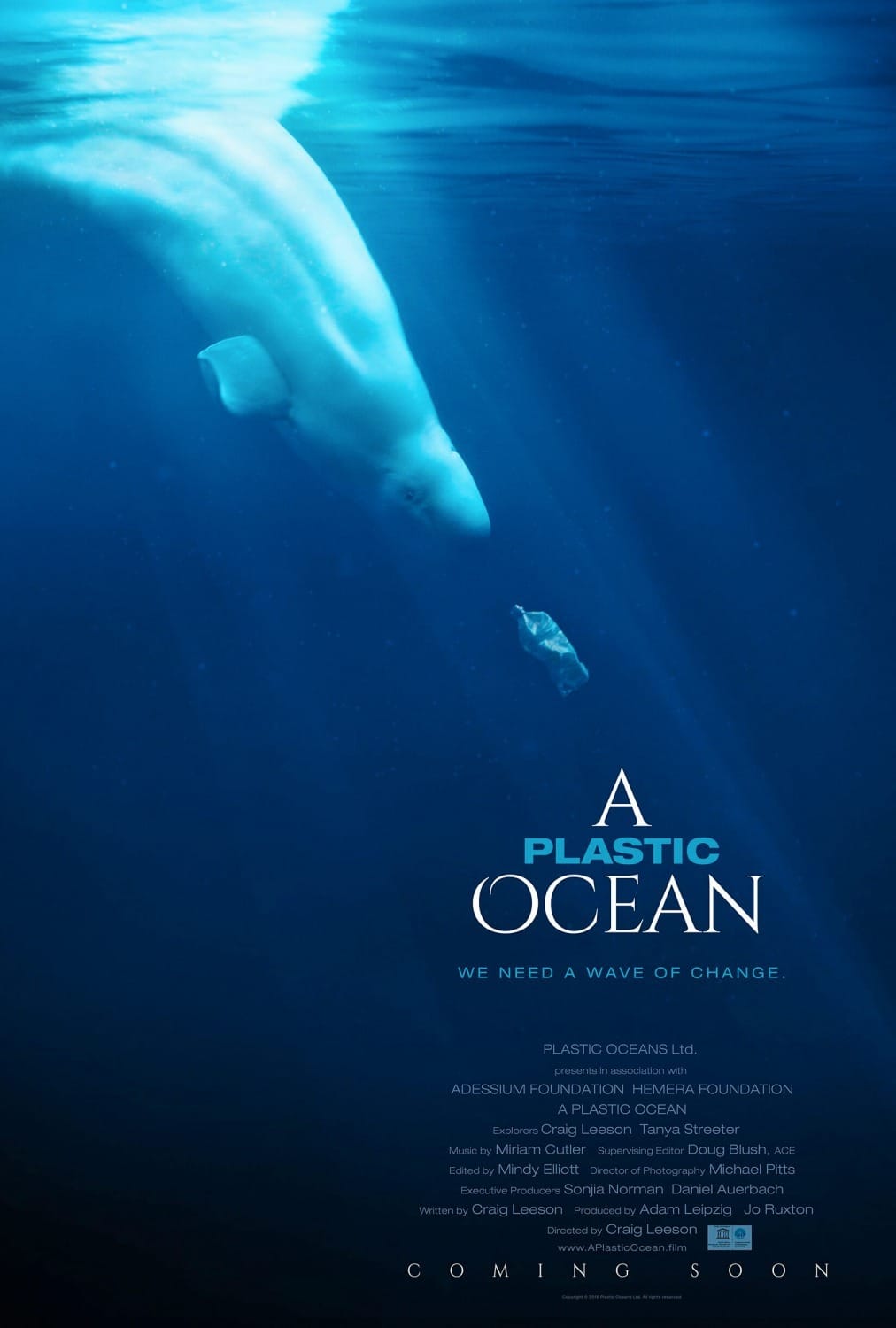
A Plastic Ocean investigates the global plastic pollution crisis, revealing the detrimental effects of plastic waste on marine life, ecosystems, and human health.
The film follows a team of scientists and environmental activists as they travel to some of the world’s most remote locations to study the impact of plastic in our oceans.
It sheds light on how microplastics enter the food chain and harm marine species, while also offering solutions for reducing plastic use and encouraging recycling and sustainable alternatives.
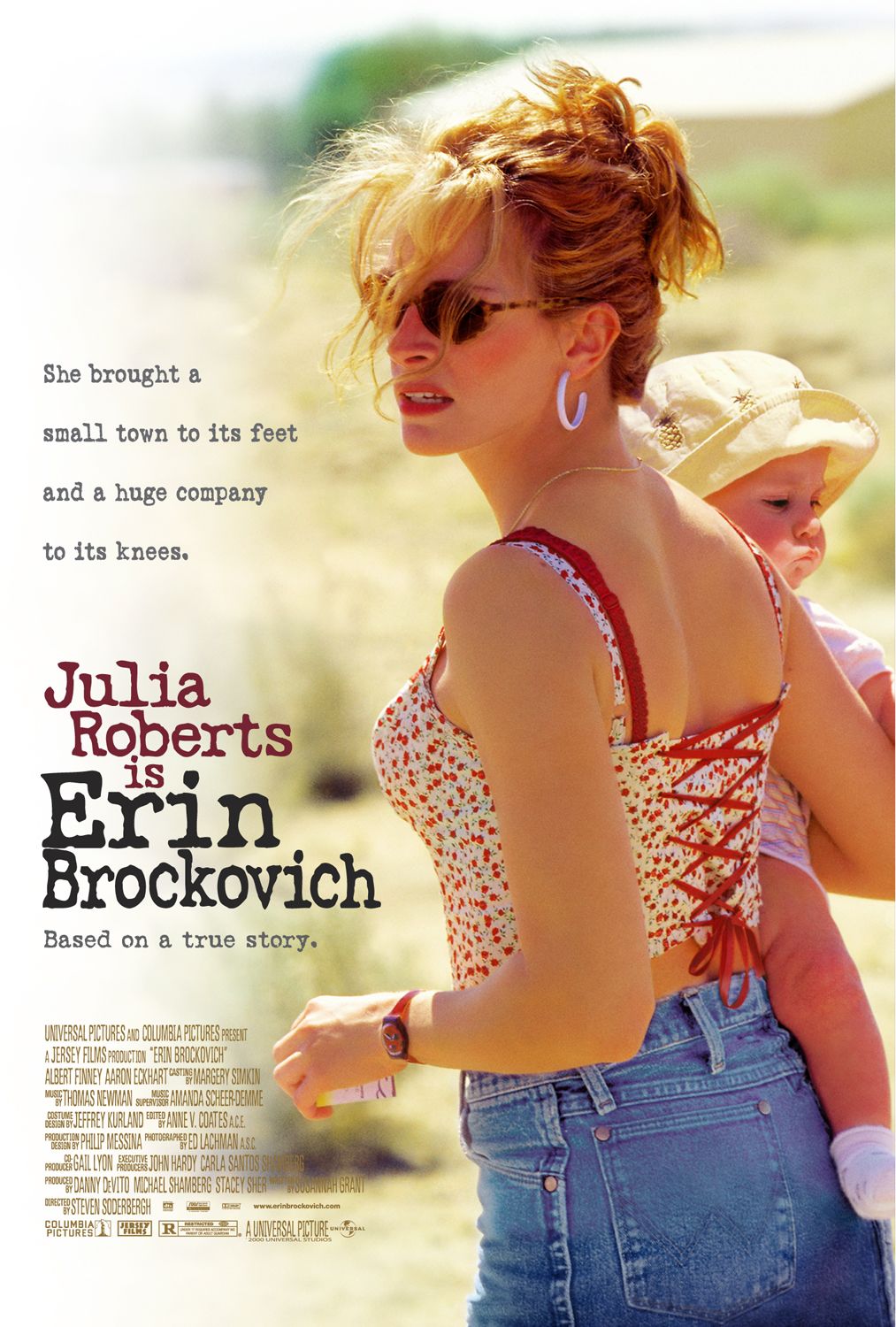
Erin Brokovich (2000)
Portrayed by Julia Roberts in this 2000 legal drama, Erin Brokovich is a legal clerk and environmental activist who was instrumental in building a case against Pacific Gas & Electric Company after they dumped 370 million gallons of chromium-tainted wastewater into groundwater in Hinkley, California. Chromium-6 in drinking water was linked to causing cancer and respiratory issues among Hinkley’s residents.
The case Brokovich built against PG&E was settled in 1996 for $333 million, making the lawsuit the largest direct-action settlement in U.S. history. Although it’s been 20 years since the release of this movie, it remains a startlingly relevant film about social impact to date.
Chasing Ice (2012)
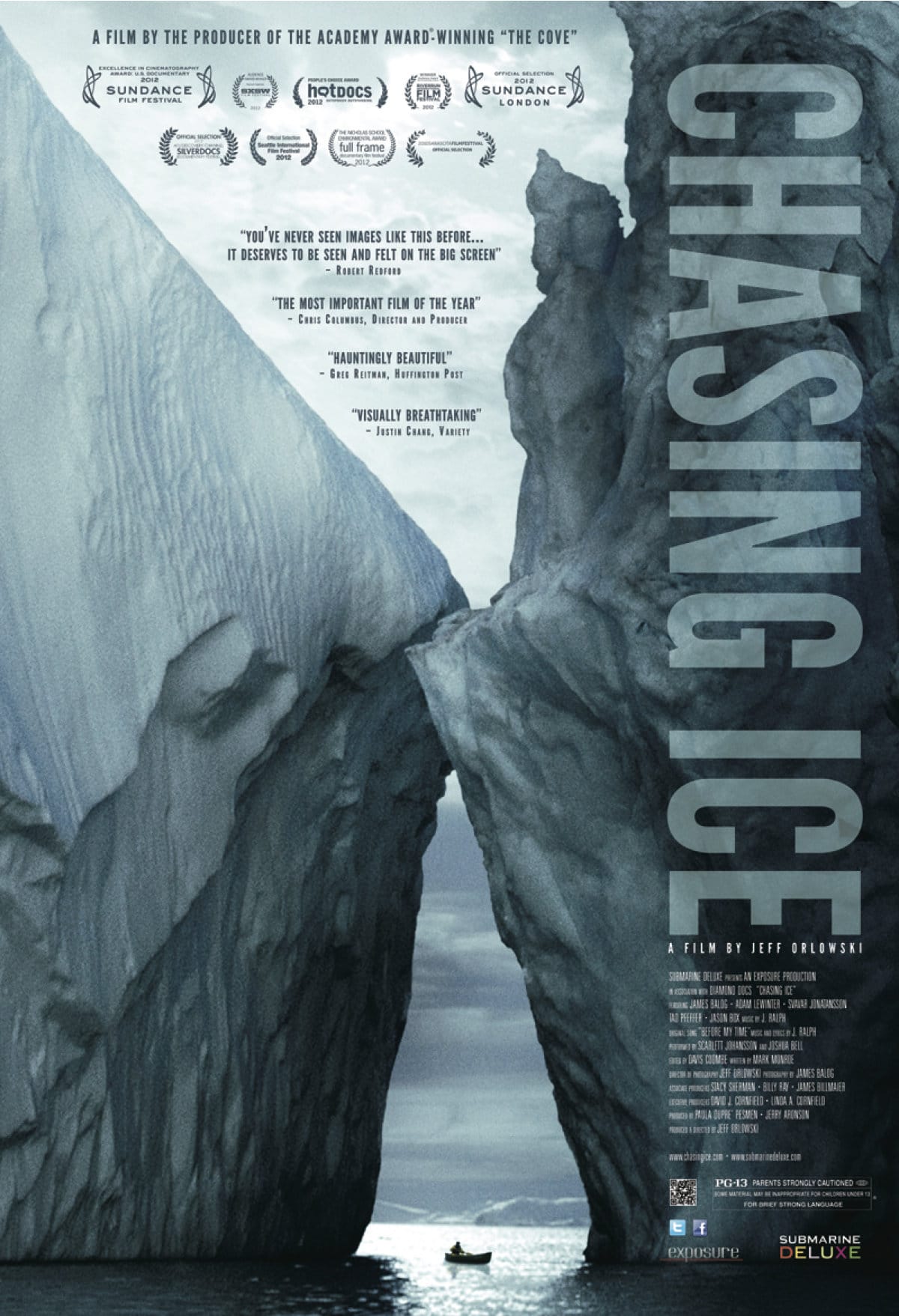
Chasing Ice documents photographer James Balog’s mission to capture the impact of climate change on Earth’s glaciers. Using time-lapse cameras, Balog and his team document the rapid melting of glaciers in Greenland, Iceland, and Alaska, providing a visual testament to the undeniable reality of global warming.
The stunning imagery of receding glaciers highlights the irreversible damage caused by climate change, making Chasing Ice a powerful visual narrative on the urgency of environmental preservation.
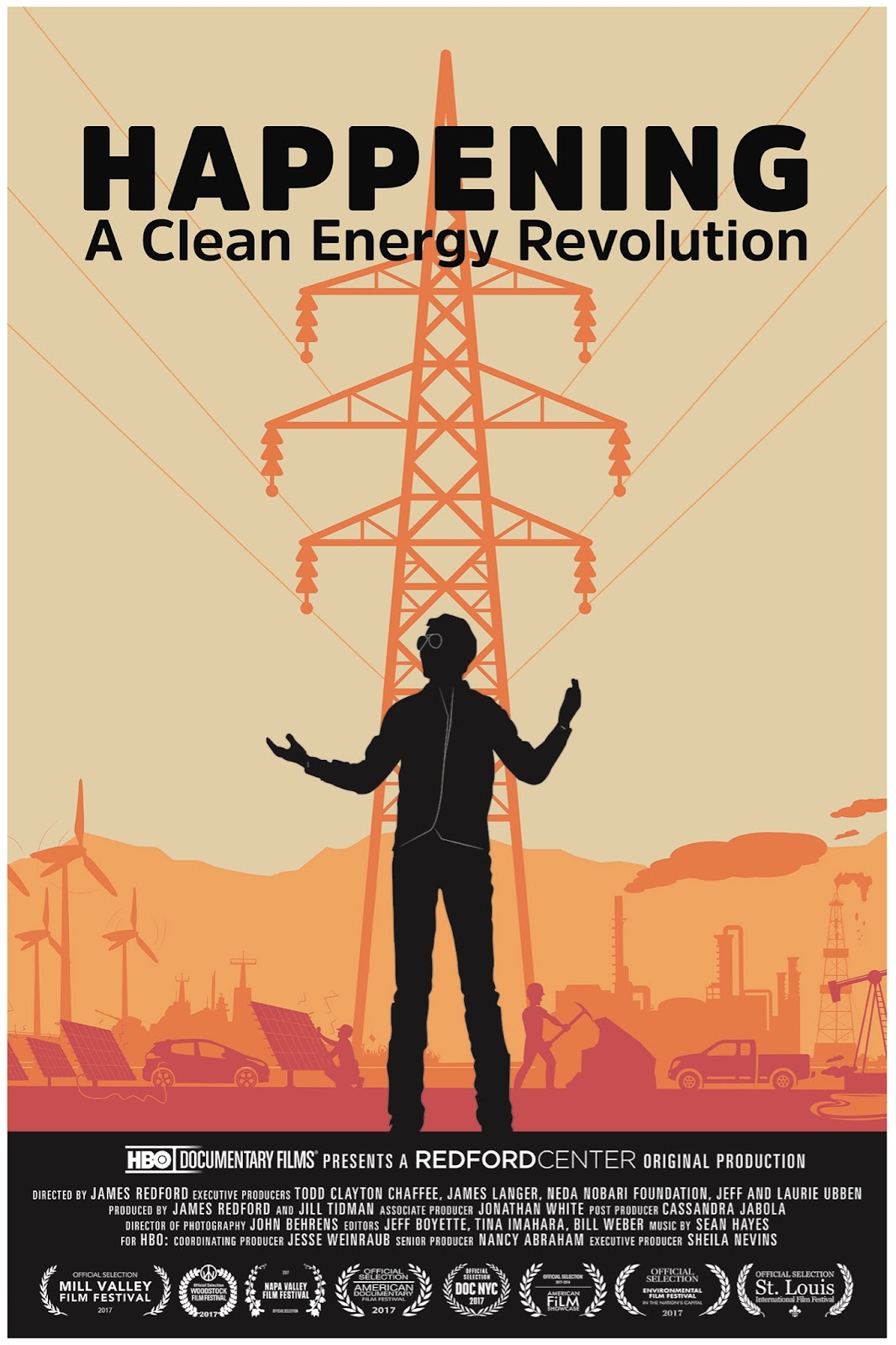
Happening: A Clean Energy Revolution (2017)
In this 2017 James Redford documentary, we are taken cross-country to highlight innovators and entrepreneurs in discovering the current and future states of clean energy in the fight against climate change.
Banding together politicians, activists and executives, Redford uplifts the work of leaders who are working to build a sustainable future for all.
Cowspiracy: The Sustainability Secret (2014)
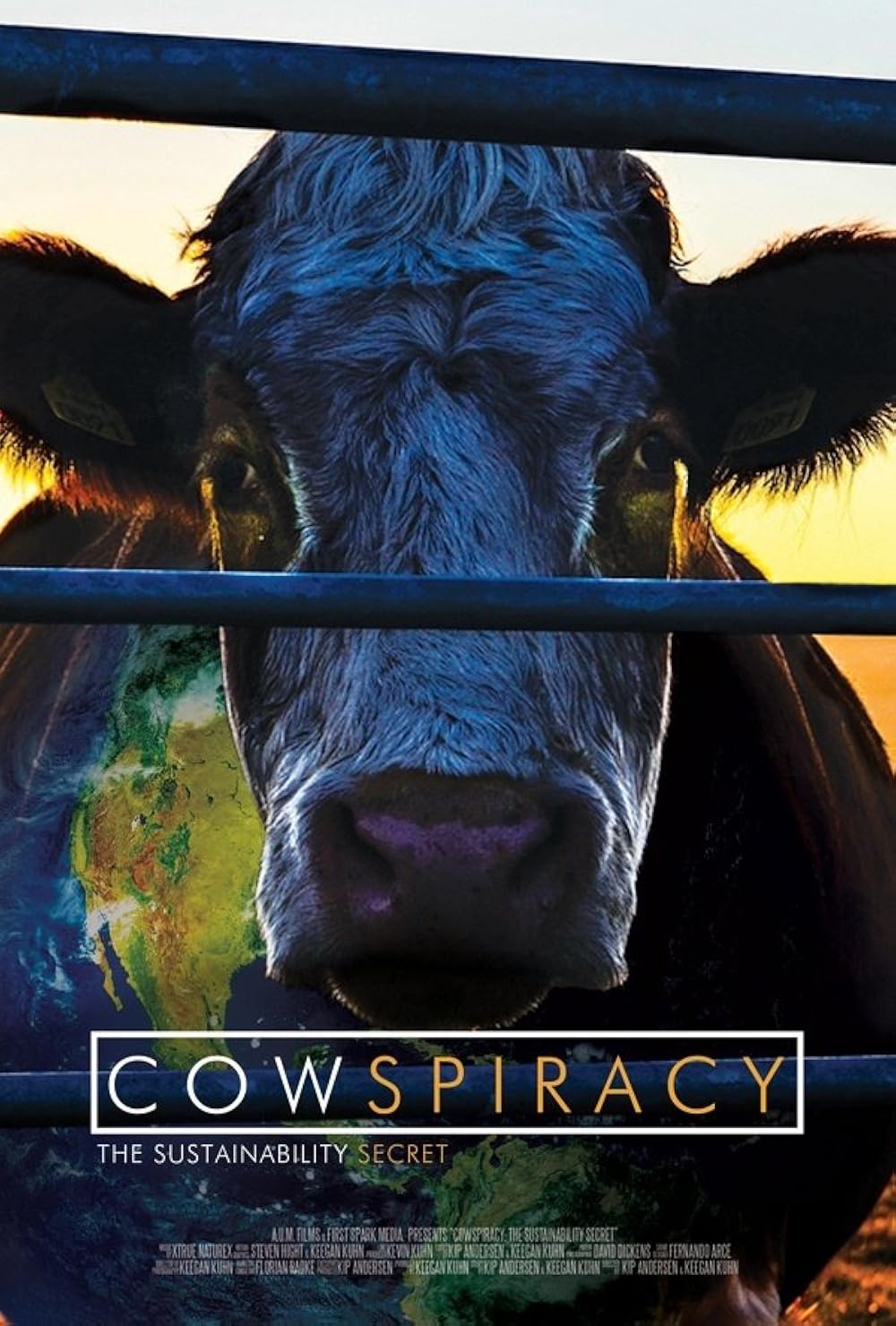
Cowspiracy explores the devastating environmental effects of animal agriculture, a leading cause of deforestation, water consumption, and greenhouse gas emissions.
The film reveals how the meat industry is a major contributor to climate change, yet remains largely unaddressed by environmental organizations.
Through interviews with experts and industry insiders, Cowspiracy challenges viewers to rethink their dietary choices and their impact on the planet.
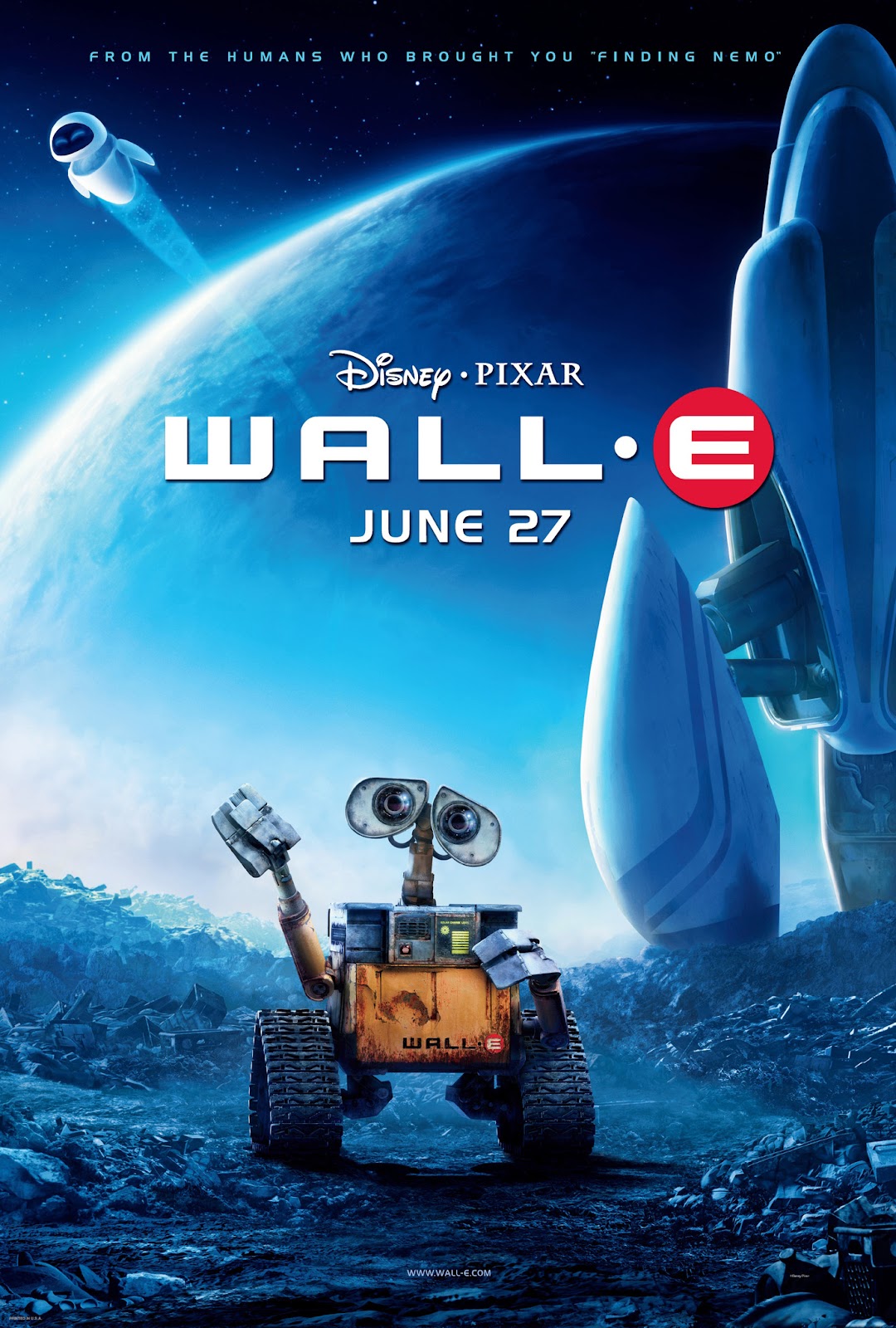
WALL-E (2008)
In this 2008 animated sci-fi film, a solitary robot named WALL-E is left to clean up trash on a future dystopian Earth left inhabitable before humanity ditched the planet to live luxurious lives aboard spaceships.
When the mothership sends a robot named EVE to evaluate Earth for signs of vegetation, WALL-E falls in love with EVE before presenting her with a live seedling. WALL-E is a great film to watch with the whole family, as it is a love story as much as it is a statement on the dangers of climate change.
The Cove (2009)

The Cove is an award-winning documentary that exposes the brutal practice of dolphin hunting in Taiji, Japan. Using hidden cameras and microphones, the filmmakers document the mass slaughter of dolphins for their meat, which also contains dangerously high levels of mercury.
The film calls attention to the cruel and unsustainable nature of the hunt, as well as the broader issues of marine conservation and animal rights. The Cove is a harrowing but essential look at human exploitation of marine life and the need for stronger wildlife protections.
Listen to Causeartist podcasts here.









